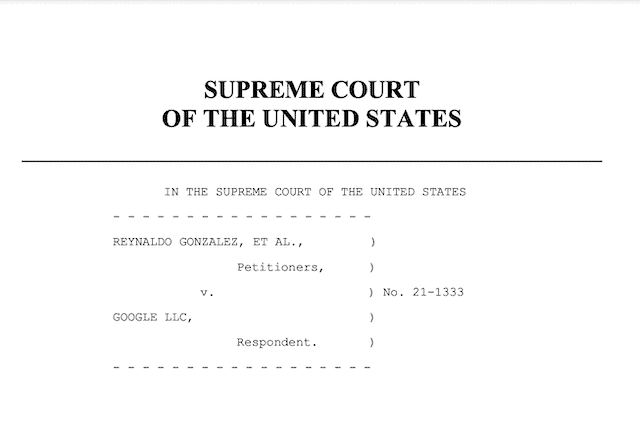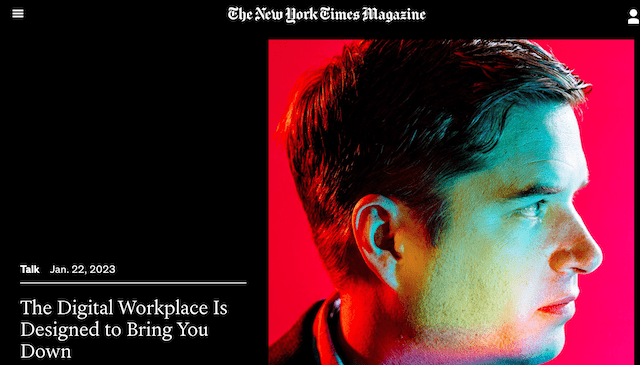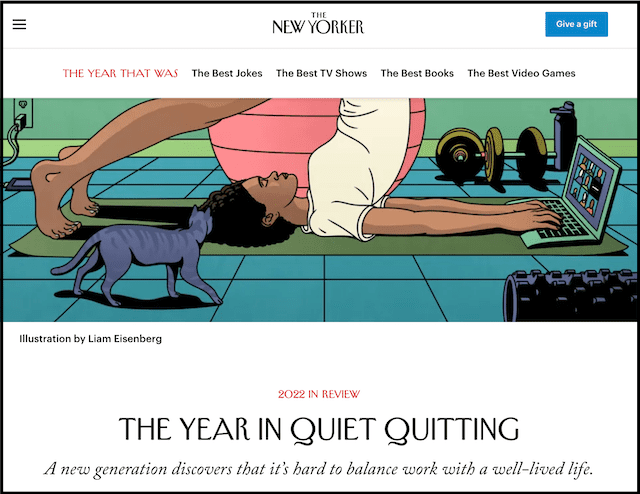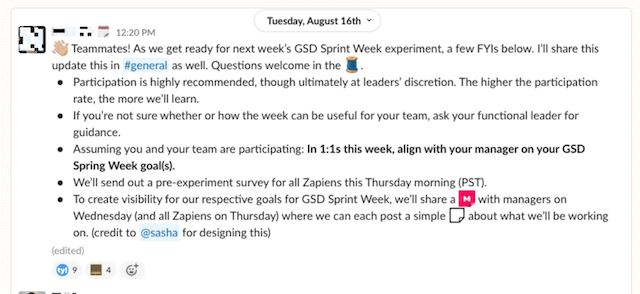
Earlier this week, the Supreme Court heard arguments on a case that has the potential to fundamentally reshape the internet as we know it. As you might expect, this caught my attention.
The focus of the case is a single sentence, found in Section 230(c)(1) of 1996’s Communications Decency Act:
“No provider or user of an interactive computer service shall be treated as the publisher or speaker of any information provided by another information content provider.”
This so-called Section 230 has since been interpreted through multiple court rulings as providing broad immunity from liability for internet platforms that publish content from third-party users. If I defame you in a Tweet, in other words, you cannot sue Twitter.
The case in question was brought against Google by the family of Nohemi Gonzalez, a college student who was killed in a terrorist attack in 2015. The Gonzalez family claims that the terrorists responsible for their daughter’s death had been radicalized by videos recommend on YouTube, and therefore Google, which owns YouTube, should be held liable.
At the core of their argument is that Section 230’s protections should not extend to information recommended by algorithms. There’s a difference, the lawyer for the Gonzalez family argued, between passively hosting third-party content, such as on a bulletin board, and actively pushing it toward users, such as what happens on social media services.






